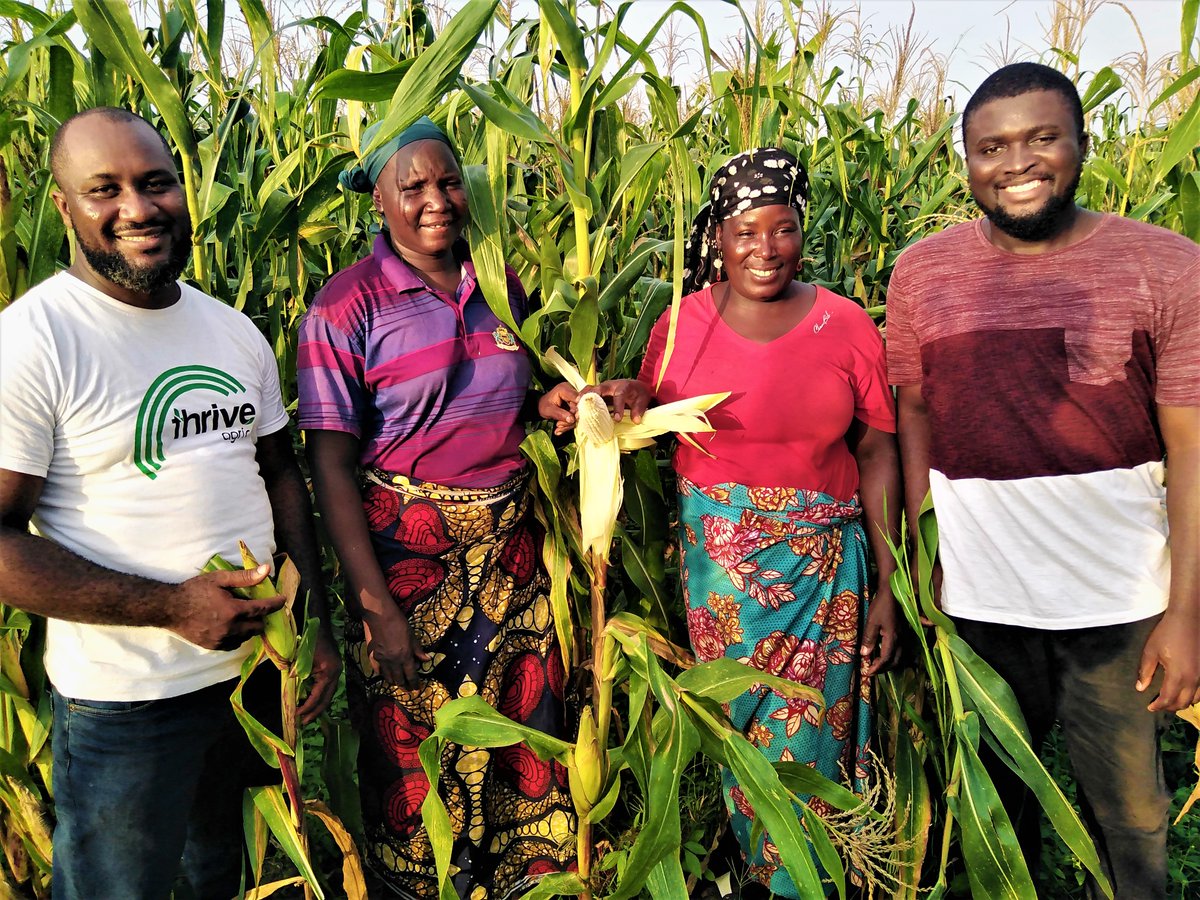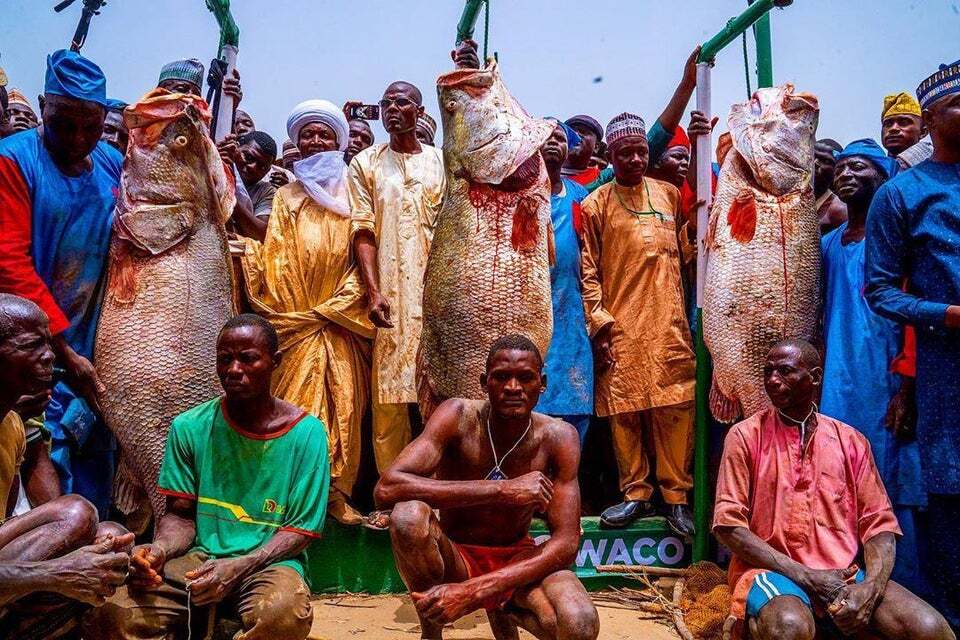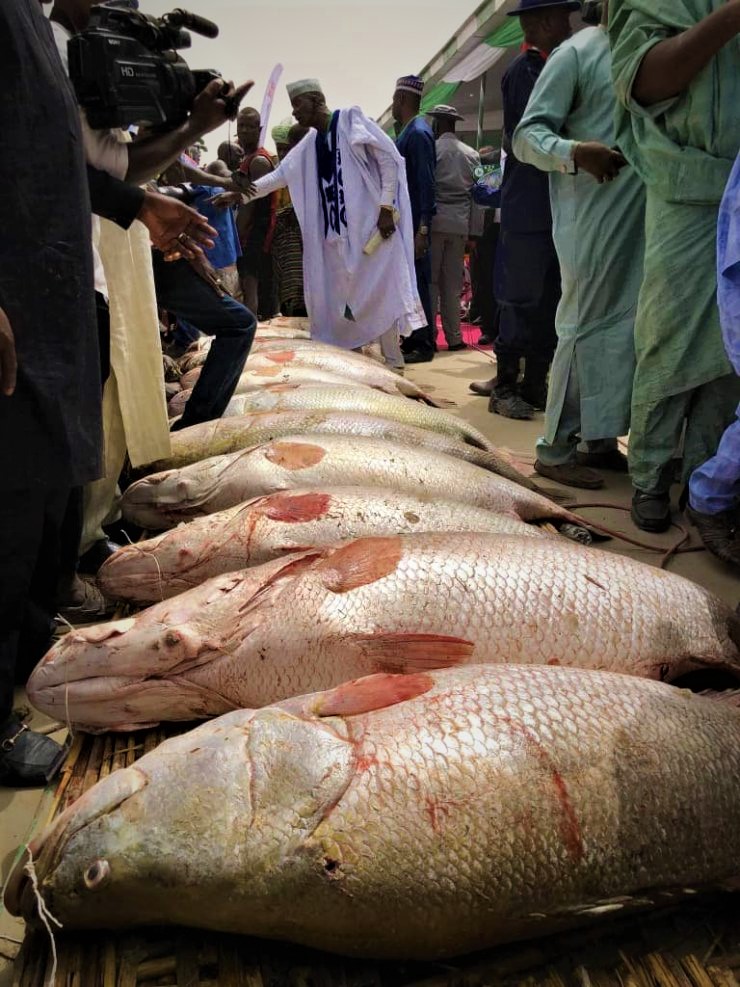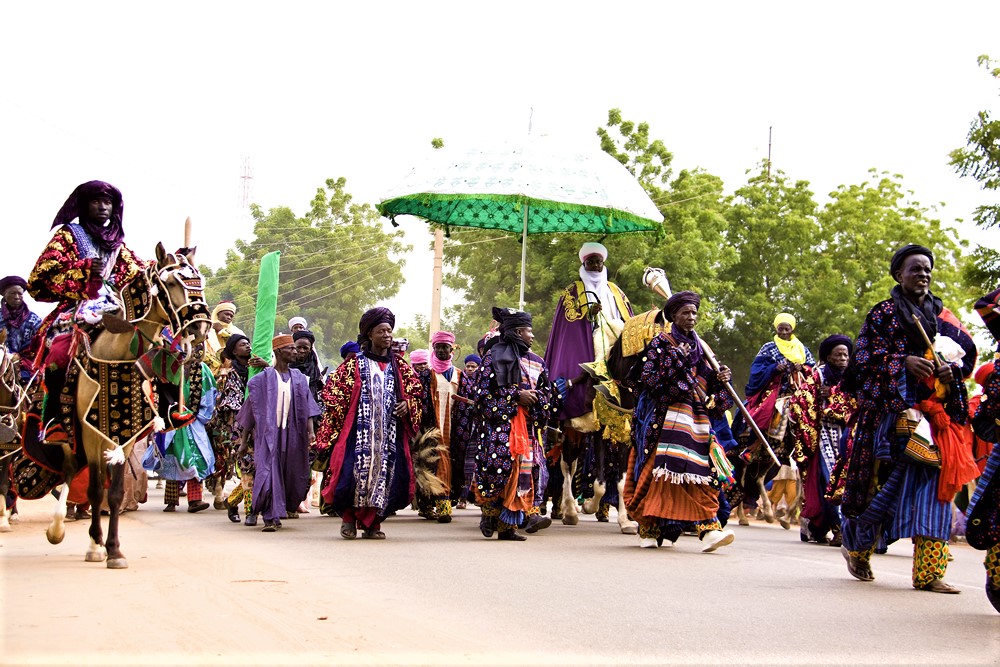Vaccines are extremely important during the poultry production cycle. A good vaccine schedule will determine how successful your poultry project will be.
Here is what our basic vaccine schedule looks like.
#foodsecurity
Here is what our basic vaccine schedule looks like.
#foodsecurity

When the day-old chicks arrive, they are given the Lasota strain of the Newcastle disease vaccine.
Then on the 10th day after they arrive on a poultry farm, we administer the gumboro vaccine to fight the Infectious bursal disease.
#foodsecurity #agriculture
Then on the 10th day after they arrive on a poultry farm, we administer the gumboro vaccine to fight the Infectious bursal disease.
#foodsecurity #agriculture

We follow this up with another Newcastle disease vaccine between the 14-16th day.
Finally, another set of Gumboro and Newcastle vaccines are administered between 17-19th days and 20-22 days respectively.
#poultryfarming
Finally, another set of Gumboro and Newcastle vaccines are administered between 17-19th days and 20-22 days respectively.
#poultryfarming

We follow this schedule to make sure our birds have a strong immunity system, avoid the spread of infectious diseases on our poultry farms and ultimately reduce the mortality rate through the production cycle. #poultryfarming #Agriculture #ThriveAgric 

• • •
Missing some Tweet in this thread? You can try to
force a refresh

























